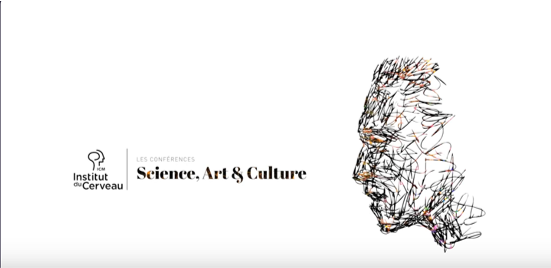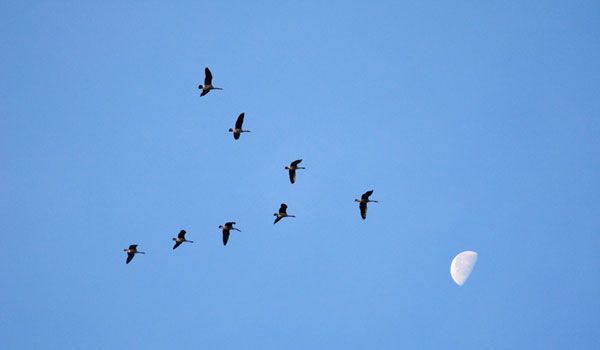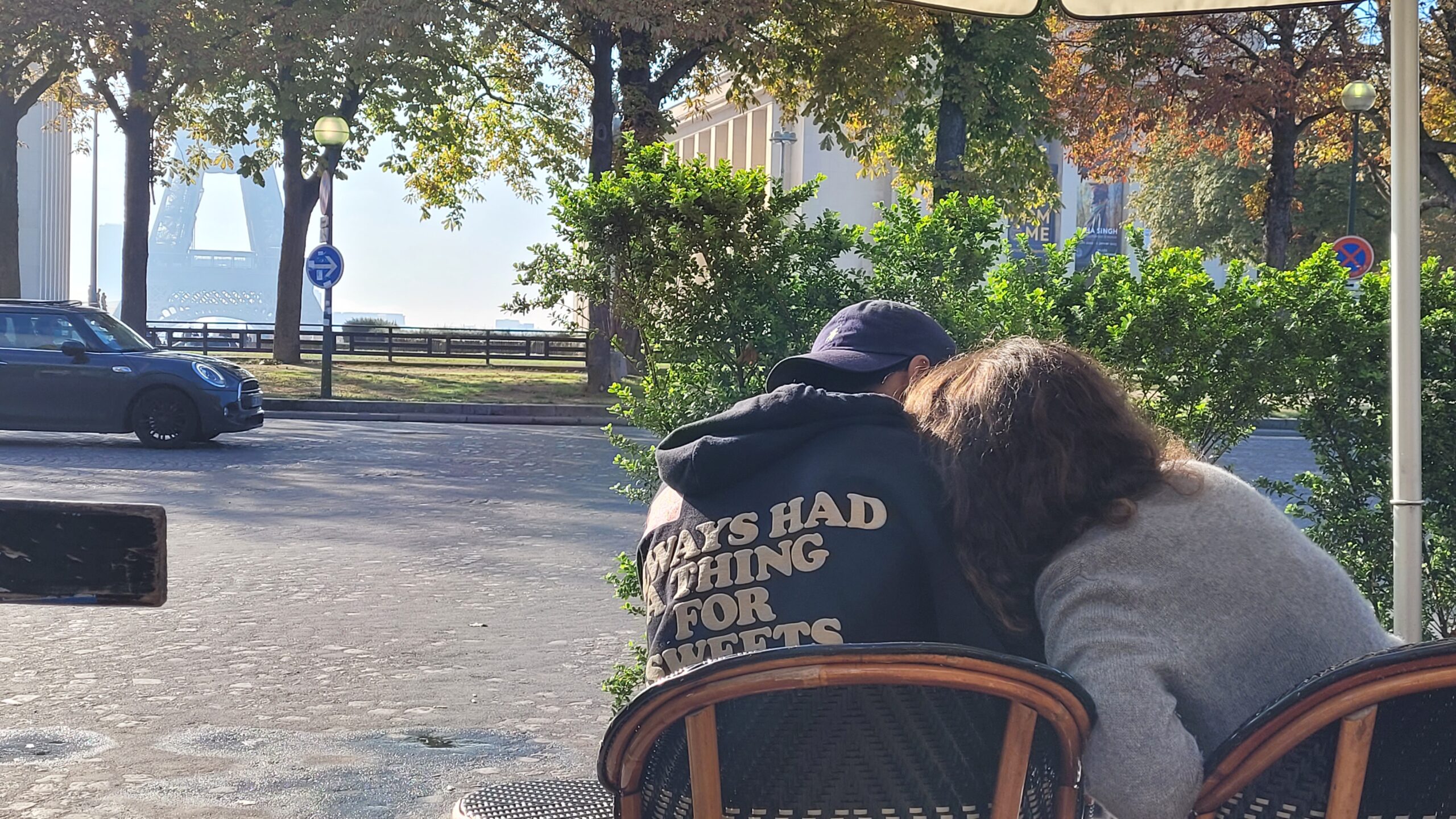Traveling shortly after becoming a mom was quite challenging, so in the little time I could carve out during this transition, I tried to channel my wanderlust into Netflix, watching Italian series. That’s how I came across Il Gattopardo (The Leopard): a brilliant Italian novel adapted into a mini-series that chronicles the changes in Sicilian life and society during Italy’s unification.
I was struck by a beautiful quote from Italian writer Giuseppe Tomasi di Lampedusa :
“If we want things to stay as they are, things will have to change.”
There I was, postpartum, grappling with my changing body and life, just starting to find time for myself again—and this sentence didn’t fall on deaf ears. Instead, it brought me back to an unfinished blog post I had started before I even knew I was pregnant on the utility of order and disorder.
I had recently returned from a conference at the Brain and Spine Institute in Paris. I hadn’t looked too deeply into the program beforehand—there was a concert afterwards, and the theme had an innate appeal to me, so I just decided to stop by after work.

It turned out the speaker wasn’t a philosopher as I had expected, but quantum physicist Catherine Bréchignac—a Légion d’honneur commander, secrétaire perpétuel honoraire of the Académie des Sciences, and former president of the CNRS (National Centre for Scientific Research). She explained how hard science, once rooted in a strict ideology of order, has reached its limits and begun to engage with disorder.
The speaker emphasized that life, in nature, could not exist without both order and disorder—they are both essential to our existence, whether on a molecular level or a psychological one (if you ask me).
Disorder is a necessary force that challenges the status quo, both individually and collectively.
To illustrate this, she gave the example of migratory flocks of birds, which typically fly in V-formations. In these flocks, no bird is a permanent leader. Instead, birds shift and move from position to position, maintaining the overall shape. Interestingly, a signal to change direction often originates with one or a few individuals—likely those on the periphery who are best positioned to sense threats—and this signal spreads through the flock like a wave. In birds, only a handful of outliers are needed to provoke a shift in collective trajectory.

Are we, as humans, equally open to change?
Looking around during the talk, I wouldn’t have said so. Many of the attendees seemed resistant to the idea. As I listened to them debate what, to me, seemed self-evident, I realized just how difficult it is to release our established ideologies. And that is when disorder becomes essential.
In human societies, just like in bird flocks, social psychology tells us that, disorder and transformation are often initiated by minorities. On an individual level, psychological disorder is is often an imbalance typically seen as a disruption of order or harmony—but it also presents an opportunity to rewrite one’s life narrative and learn new coping. . A crisis is an opportunity and cognitive flexibility is key to navigating it.
Resilience, then, is when balance is restored and a new order emerges—one that has learned from the previous disorder. That is when music happens.
As the concert began afterwards, I couldn’t help but reflect on how music—and art in general—challenges societal norms while magnifying the interplay of order and disorder. Art is that elusive equilibrium between the two. It is dynamic, never inert.
In relationships as well, disorder is essential. Conflict allows us to communicate when balance has been disturbed. It allows the music to pause—or to continue—depending on the players.
And just as natural disasters occur in systems predisposed to them, disorder arises when the existing order needs to be questioned.
I try to remember that as I watch the world changing before my eyes…
My takeaway? Learn to love the discomfort. Embrace the change.
And stop thinking it’s unnatural. Apparently—and now I know this firsthand from an expert—Nature itself needs both.





